Hybrid Cars, How They Work? And The Best Hybrid Cars of 2020!
 Image Credits: Lohner-Porsche
Image Credits: Lohner-Porsche
A vehicle functioning on two sources of energy sounds like a great concept, how suitable is it really? Read on to find more about hybrid cars.
As technology advances and we move further towards electric-run devices, the world gets more aware of the harms of consistent and highly uncontrolled use of non-renewable energy resources. The first car was invented sometime around the 19th century and that car, and the cars after that, have used some form of petroleum fuel to move. Electric cars have also existed for a long time, but it wasn’t until recently that they made a comeback.
Contents
So, where do hybrid cars fit in?
In between fuel-run cars and electric cars are the hybrid cars or the HEVs. By definition, hybrid cars, as the name suggests, are cars that use two sources of power to provide themselves energy to move. The most common type of hybrid cars are the ones that use electricity and some petroleum-based fuel to work their wheels.
A brief history of hybrid cars
The world’s first hybrid car was developed by Jacob Lohner and Ferdinand Porsche in the year 1900. It was called the Semper Vivus (which in Latin means “always alive”) or the Lohner-Porsche. This car, however, wasn’t very practical because of its super heavy weight of around two tonnes. It also lacked proper assembly which resulted in it being fairly inefficient.

In the last decade of the 20th century, electric cars made a comeback with the release of Toyota Prius in Japan. This car was luxurious, sleek and modern and fit perfectly with the world of the time. Following, many companies have been releasing hybrid and electric cars. These companies include BMW, Hyundai, Volkswagen, Fisker etc.
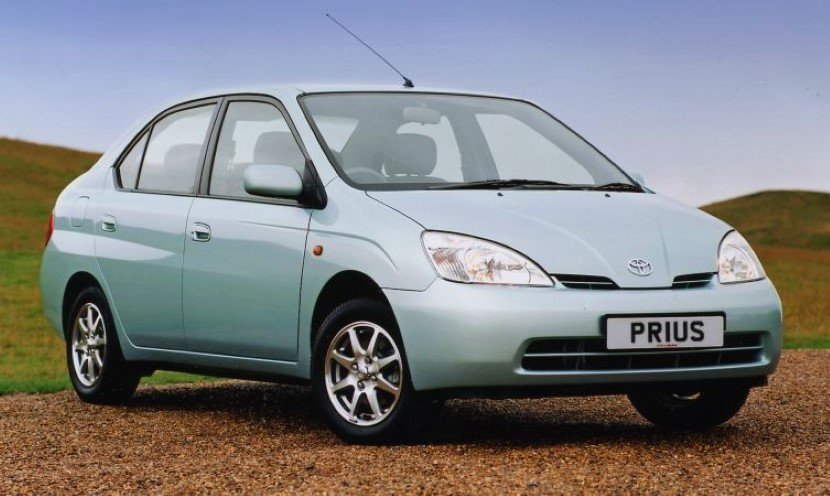
The working system of hybrid cars
The main components of a Hybrid Electric Vehicle include:
- ICE (Internal Combustion Engine)
- Electric motor with a DC‐DC converter
- Traction inverter
- Energy storage system – batteries
- Transmission System
1. ICE (Internal Combustion Engine)
The Internal Combustion Engine is the one where the combustion of fuel takes place. The energy produced by this combustion is then either used to run the vehicle or is transferred to the electric motor.
2. Electric motor with a DC‐DC converter
This is used to generate energy from the fuel or the regenerative system and also to convert it from the high voltage DC current to low voltage DC power to recharge the batteries.
3. Traction inverter
The traction inverter is responsible for converting DC power to AC power to run the main motor of the vehicle.
4. Energy storage system – batteries
The batteries are used to store power for later use and also to provide energy, when the car starts, before the electric motor is engaged.
5. Transmission System
This system is responsible for the transmission of power from the batteries to the wheels to run them.
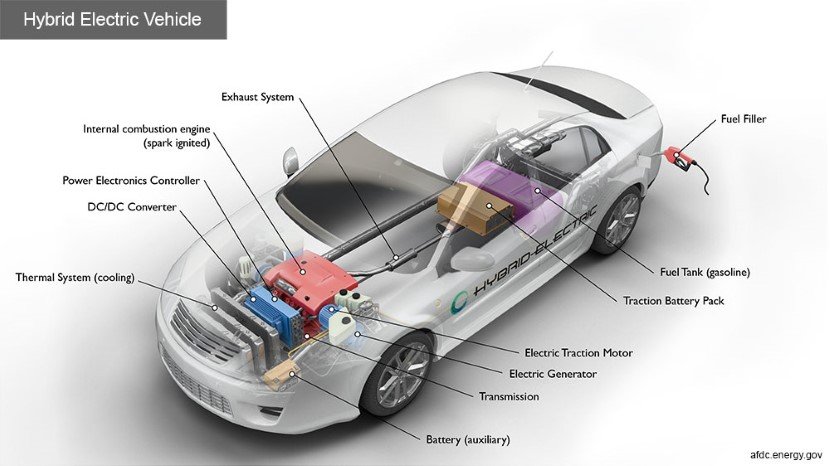
Types of hybrid cars
There are three types of hybrid cars on the basis of how the two fuel sources are connected in terms of their working. These three types include:
1. Parallel Hybrid Cars.
2. Range Extender Hybrid Cars.
3. Plug-in Hybrid Cars.
1. Parallel Hybrid Cars
In these hybrid cars, the engine and the electric motor may work separately or simultaneously. In certain situations, at a certain given time, only one of the two motors work. When run on the gasoline engine, the power is transmitted directly and mechanically to the wheel from the engine. While in the electric power mode, the energy is supplied through the electric source.
Parallel Hybrid Cars offer the great advantage of nullification of extra power loss, and a reduction in the energy lost during power conversions. It also eliminates the need for generators etc.
2. Range Extender Hybrid Cars (E – REVs)
Range Extender Hybrid Cars use their gasoline engines to produce energy to charge the electric batteries. The engine plays its part in running the car indirectly to extend its mileage, and this is why it is referred to as the “range extender”. This whole series of arrangement is known as the series hybrid drivetrain. These cars have a limited driving range and also, aren’t very good for the environment due to the use of petroleum.
However, some of these might be mainly all-electric run and only with the addition of a small ICE; which is present just in case the electric battery runs out. The battery may also be charged by the electricity produced by the regenerative braking system. Regenerative braking system is a charging system that uses the kinetic energy lost or produced by a car as it applies brakes or decelerates, and then stores this energy. This stored energy is then re-used to accelerate the car when it is needed to be accelerated. These use electricity only when moving across shorter to moderate distanced routes while on longer routes, E – REVs use the combustible fuel.
3. Plug-in Hybrids
Plug-in Hybrid cars or the P – HEVs, as the name very clearly defines, are hybrid cars which need to be plugged into a socket to charge their electric motors. Besides this plug-in charging system, these hybrid cars also get charged through the regenerative braking systems, as the car runs. Plug-in hybrid cars are different from conventional hybrid cars in a few ways; these include larger traction batteries to propel the car, different exhaust systems, longer driving ranges etc. P – HEVs only take a few hours to get charged and can be charged at charging stations or even at the sockets at your home or workplace.
Top hybrid cars of 2020
Now that you’ve learned the basics of hybrid cars, let’s dive into the details of some of the top hybrid cars of 2020. Read on to see what this year has brought for us!
-
Toyota Prius 2020
The Toyota Prius was the first modern hybrid car that was mass-produced. It was first launched in 1997 and set the style for the rest of the hybrid cars. The 2020 Toyota Prius model is a great modern, spacious and luxurious car that offers a battery warranty of 10 years or 100,000 miles, whichever comes first. The car has all of its components designed with the versatility of a hybrid car kept in mind. You can get it for a starting price of just $24,325.
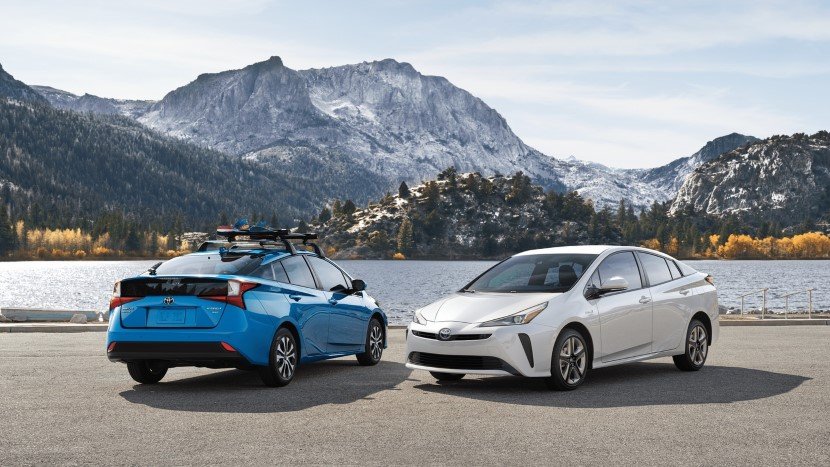
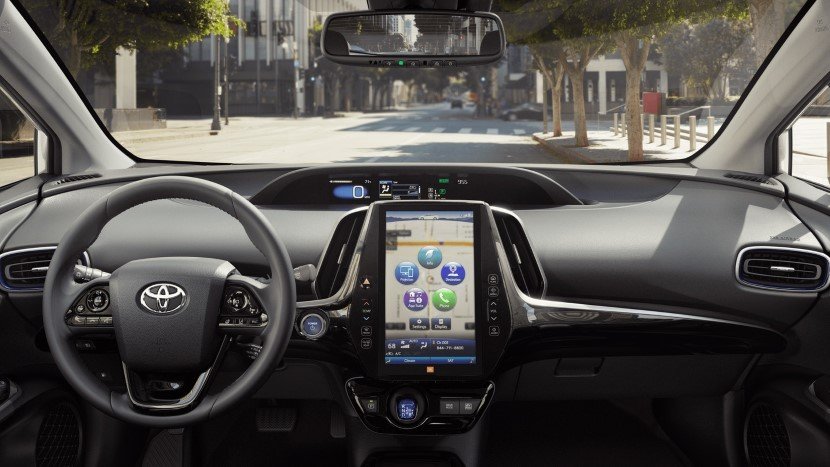
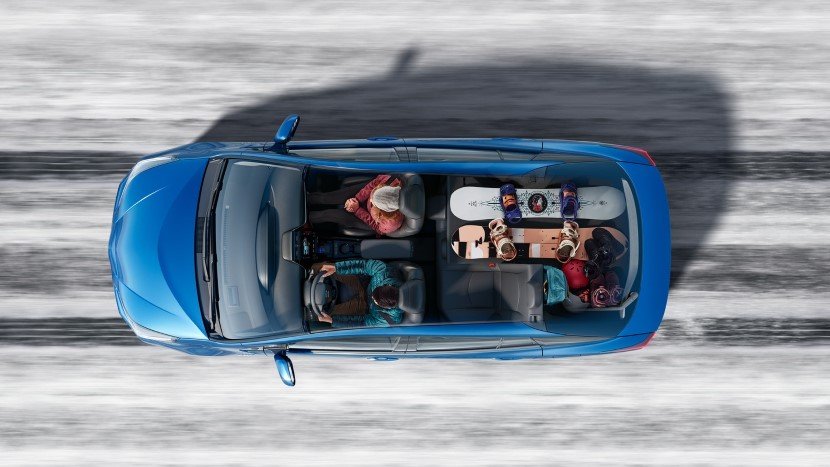
Check out the Toyota Prius at the official Toyota website here.
-
Toyota 2020 Prius Prime
With a starting price of $27,900, the Prius Prime is a plug-in hybrid vehicle that offers a whole 25 miles range for sole electric driving and a 640 miles EPA-estimated total driving range. The car offers a bunch of different modes for users to choose from according to the need of the moment. These modes include the EV (Electric Vehicle) Mode, the EV Auto Mode, and the HV (Hybrid Vehicle) Mode. At standard household power outlets, the Prius Prime only requires 5 hours and 30 minutes to charge whereas at charging points, all it needs is 2 hours.
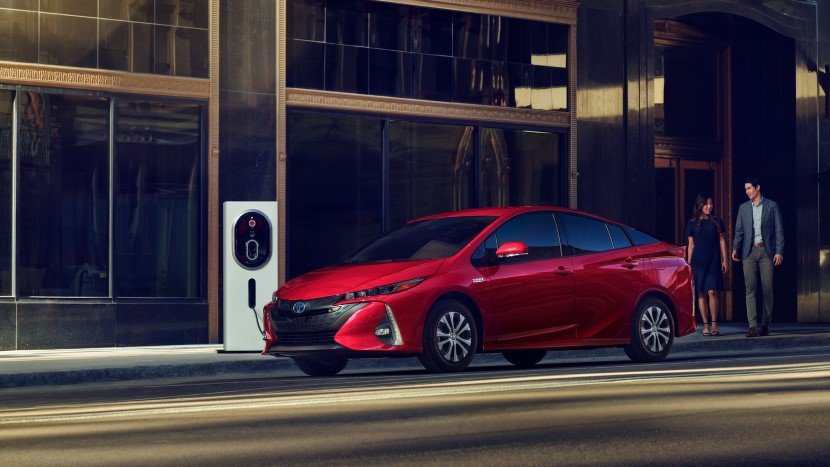
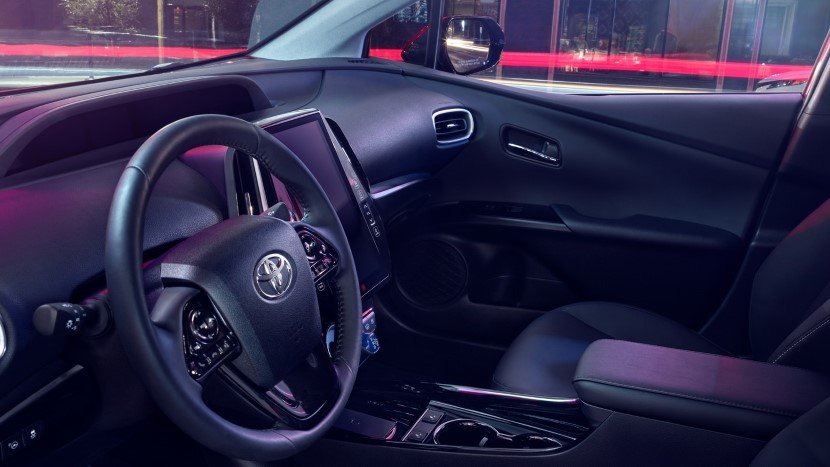

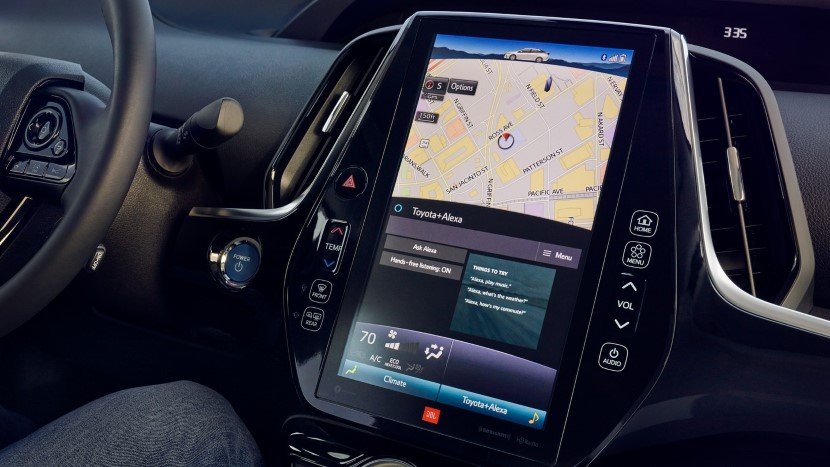
Read out more about the 2020 Prius Prime here.
-
Hyundai Ioniq Plug-In Hybrid
The Hyundai Ioniq Plug-In Hybrid has a 29 mile electric power mode range. The Hybrid EV offers a 156 horsepower from the combination of its electric motor and four-cylinder and 1.6-liter engine. This is also a plug-in hybrid vehicle. There are multiple models offered and the starting price from all the models combined is $46,649.
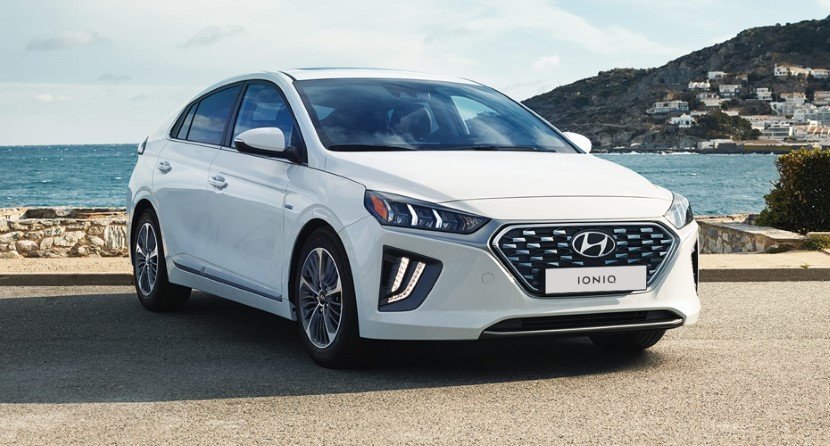

The details about the model can be found here, at the Hyundai official website.
-
Kia Niro
The Kia Niro is an SUV – inspired plug-in hybrid. It has a strong bold grille design with a gloss that is designed to catch the eye. The car also offers a paint range of 7 seven colors. The interior is super fine with a smart cruise control system installed. You can start the car, control its door locks, temperature and headlights using a remote control system. There is also an Amazon Alexa compatible system installed.
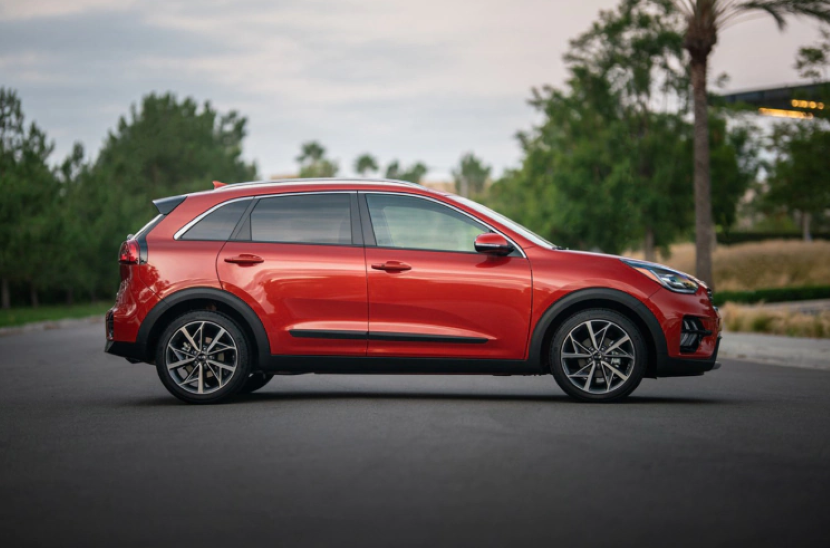
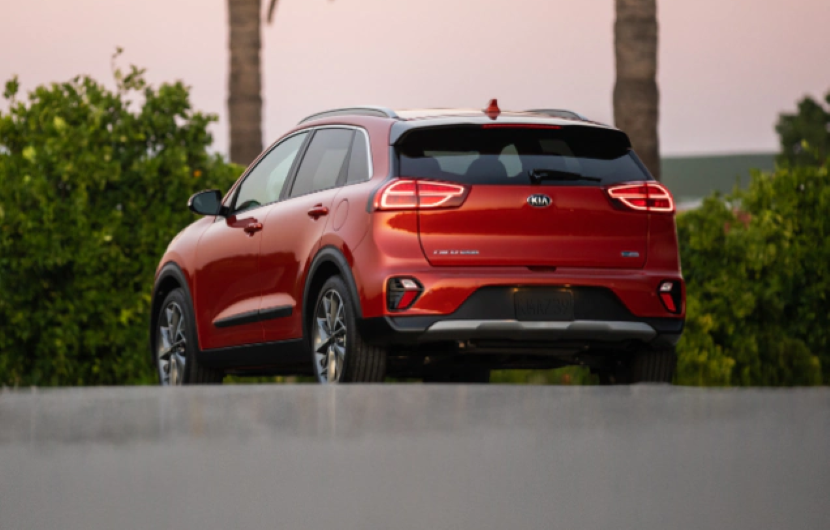
Check out more of Kia Niro’s details here.
-
Audi Q5 55 TFSI e
The Audi Q5 55 TFSI e is a powerful SUV Plug-in hybrid vehicle. The driving modes, apart from the signature Audi driving modes, are the EV Mode (normal electric power mode), Battery Hold Mode (battery conservation mode, with the main focus on the petroleum engine) and the Hybrid Mode. The starting price is 65,200 EUR or approx. $74,000.
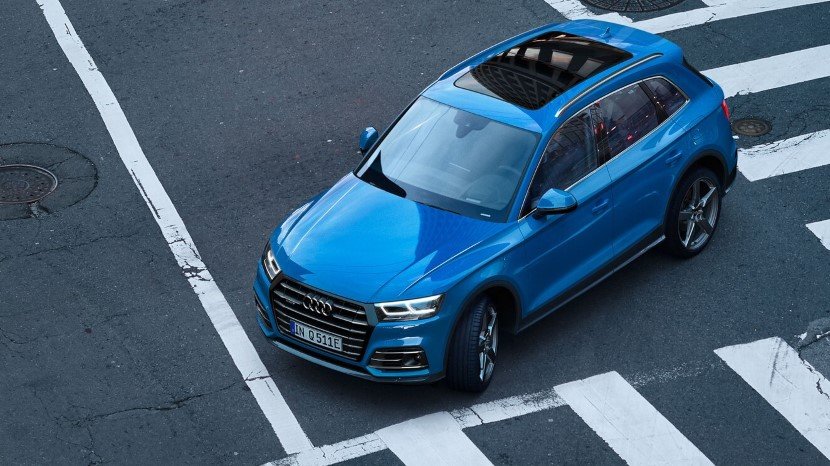
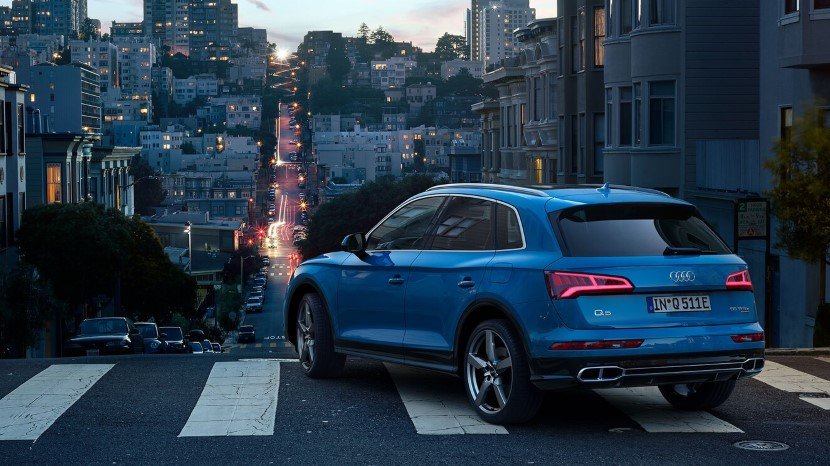
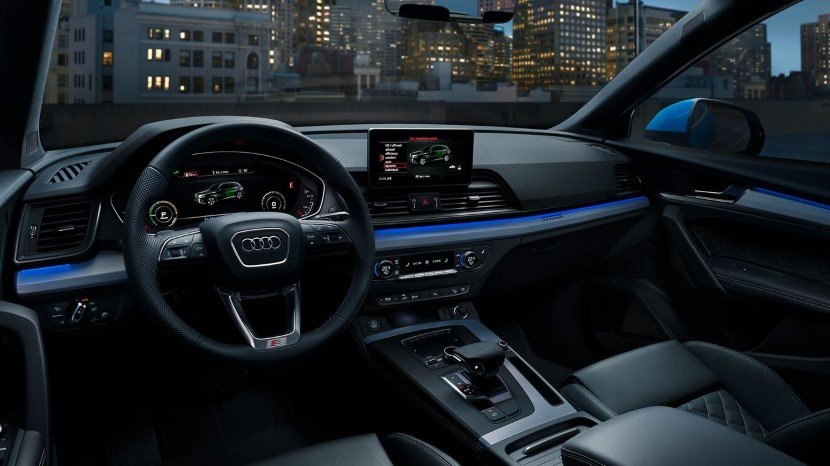

The Audi website lists the details of Audi Q5 55 TFSI e here.
-
Volvo XC90 Recharge
The Volvo XC90 Recharge is a sleek and stylish SUV and plug-in hybrid with 6 – 7 seats and a 46km range of electric mode. The vehicle has two designs or models; the R-design and the Inscription. Most of the main features differ for the two different models. The starting price is approx. $49,000.
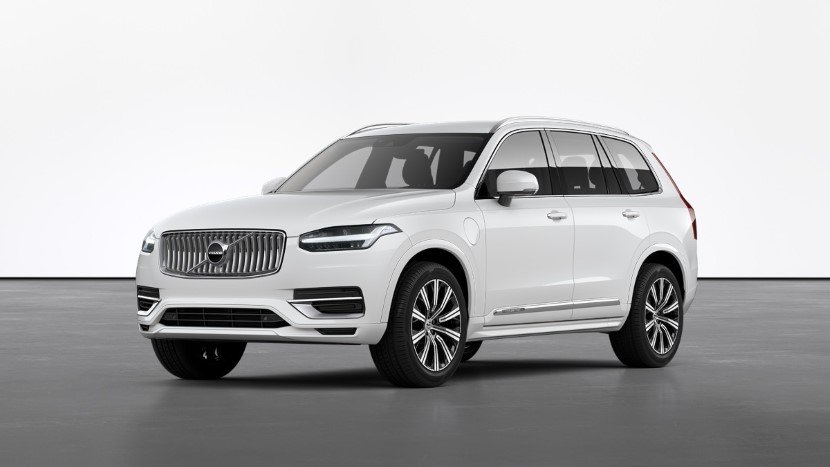
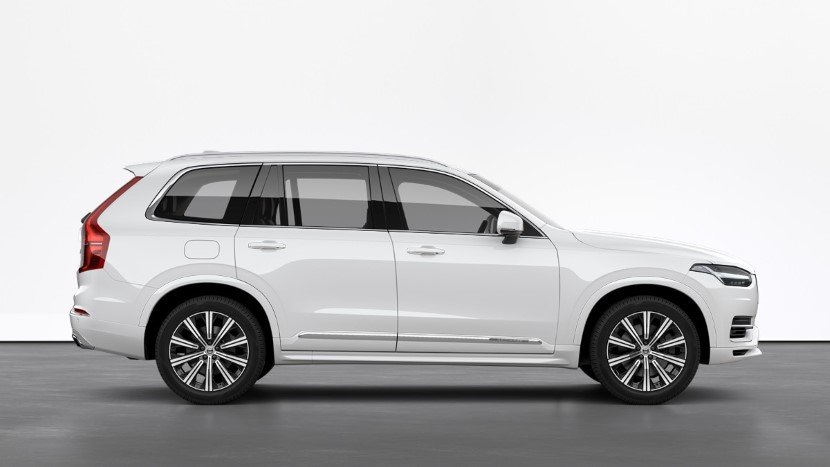
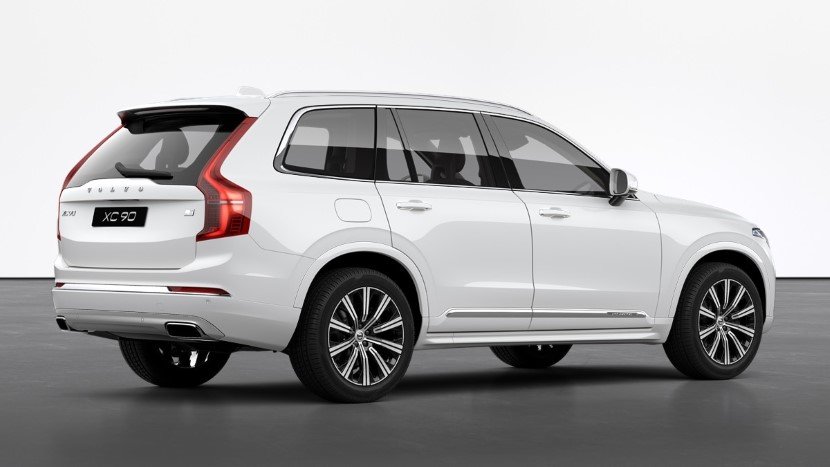
The details of the Volvo XC90 Recharge and its two models can be read here.
-
BMW 330e
The BMW 330e is a sleek sedan with a plug-in power system. The vehicle offers maximum fuel efficiency while running with a power of 288 hp. The car offers the standard BMW luxurious interior, 14-way power front seats and a 4-year/50,000 mile warranty. The starting price of the vehicle is $44,550.
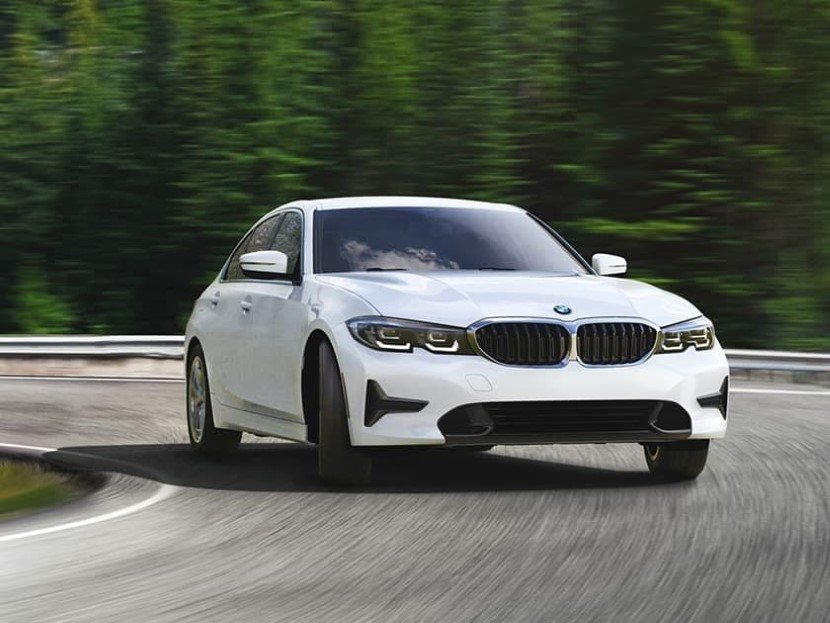
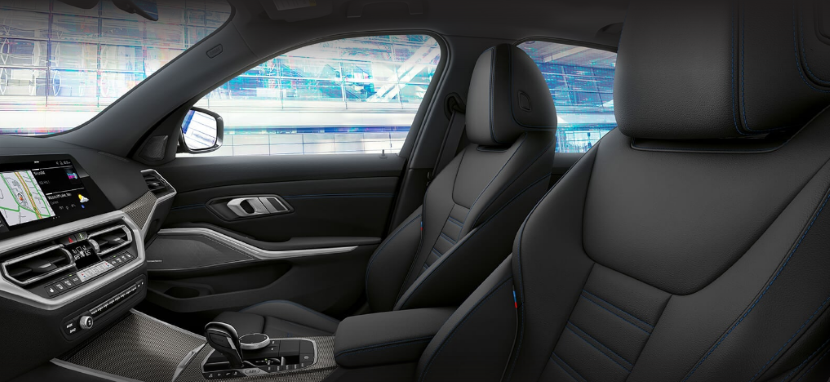
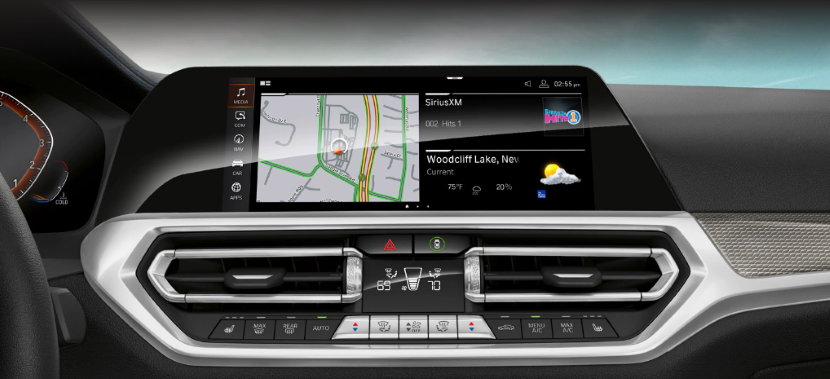
The details of the BMW 330e can be read here.
-
2020 Toyota Corolla
Another one of the top hybrid cars of 2020 is the 2020 Toyota Corolla. It has the standard Toyota Safety Sense 2.0 (TSS 2.0) installed to avoid collisions. It also offers eight air bags for your protection. Premium luxurious interior, Amazon Alexa compatibility and a starting price of $19,600 might make this car very suitable for those who want the best in a controlled budget.
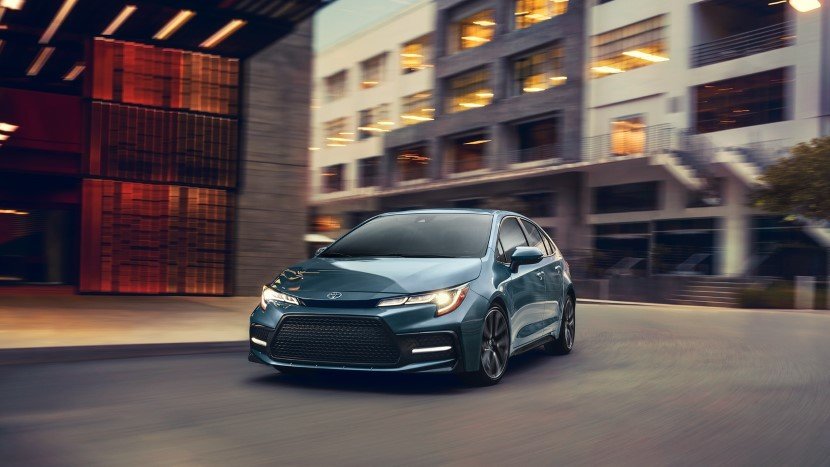
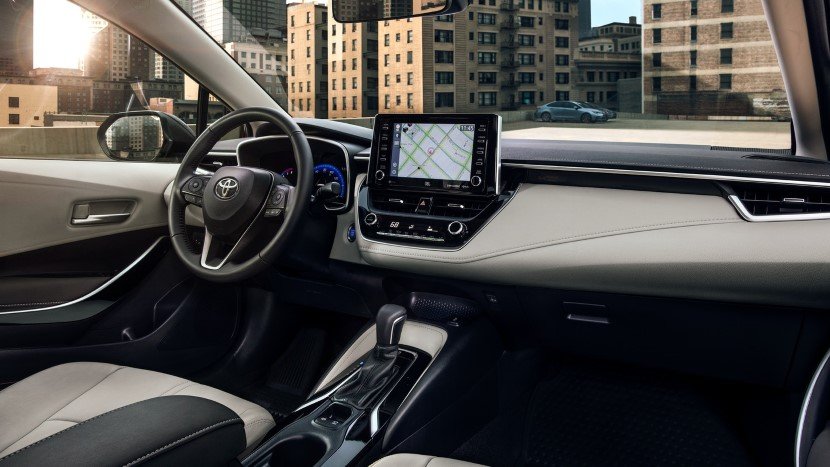
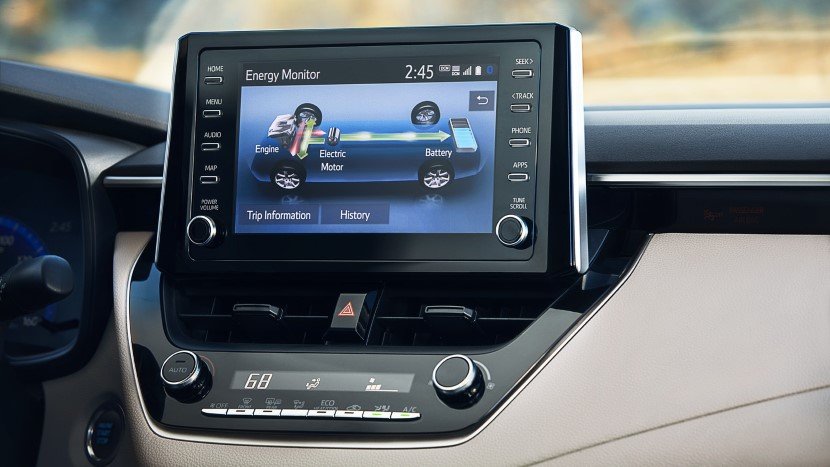
Check out the car details here.
Will the future be hybrid, or all-electric? We’re still uncertain about the answer to that question – but a major reduction in fuel consumption is, for sure, definite!